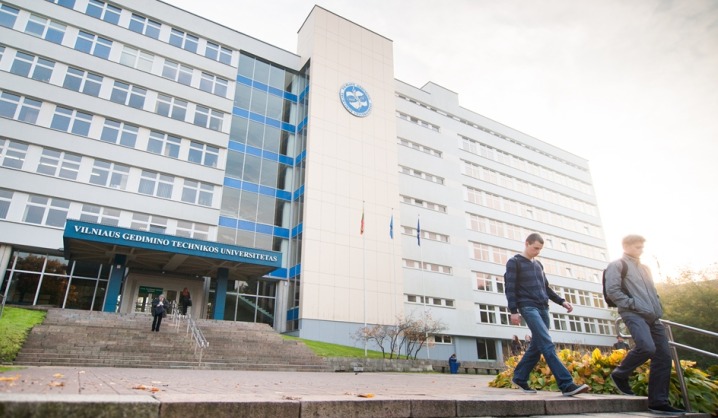- Programmes in English 2025/2026
- Admission 2024/2025 Scholarships
- For exchange students
- Free Movers
- Transfer studies
- Erasmus+ studies and traineeships
- Mentor programme
- Student testimonials
- Accommodation
- Career Services
- Medical Care
- Immigration Regulations
- Leisure and Student Activities
- Useful information
- VILNIUS TECH for Creators of Tomorrow
- Mental and spiritual support
- Representatives Abroad
- Contacts
- Computer Engineering

2014-10-07
VGTU scientists: energy generating houses – for the future cities
Low energy buildings with generators, using renewable energy resources, is a global challenge for the scientists worldwide, because there is no unique system so far, capable to asses energy efficiency during the designing stage. Currently, the researchers of Vilnius Gediminas Technical University (VGTU) are developing and testing the overall energy, operating and using systems‘ efficiency evaluation models.
The scientists are trying to estimate the total solar, wind, soil, water and air energy and its efficiency for heating, ventilation, cooling, hot water preparation and lighting systems. They are developing models for site‘s energy potential calculation, according to which architects, constructors and engineers, are offered initial projects for low-energy buildings. The owners of such houses will enjoy clean air and acceptable temperature, save money and join the environmentally sustainable lifestyle.
"It is predicted that in the long run our houses would consume little or no energy at all, however, we need systems, evaluating energy resources and potential energy consumption, in order to design sustainable buildings. Such systems will save designers‘ time and also enable architects, constructors and engineers to communicate and collaborate during the primary designing stage for the consumers benefit,"- said Prof. Vytautas Martinaitis, the Head of Department of Building Energetics at VGTU.
VGTU scientists have already created several digital models for a number of apartments and private houses. Their researches show that living in a smart apartment, built according to the suggestions of a digital simulation system, up to twenty eight per cent save the primary energy, by only modulating the proper form of a building. Most of the energy, necessary for heating, ventilation, cooling, hot water preparation, lighting systems, can be used from the energy obtained on the site.
It is planned to apply this technology in Lithuania, later joining the international projects with the developed prototype. The digital building's energy supply simulation model is a way of solving problems of climate change, energy resources and energy efficiency in buildings.











